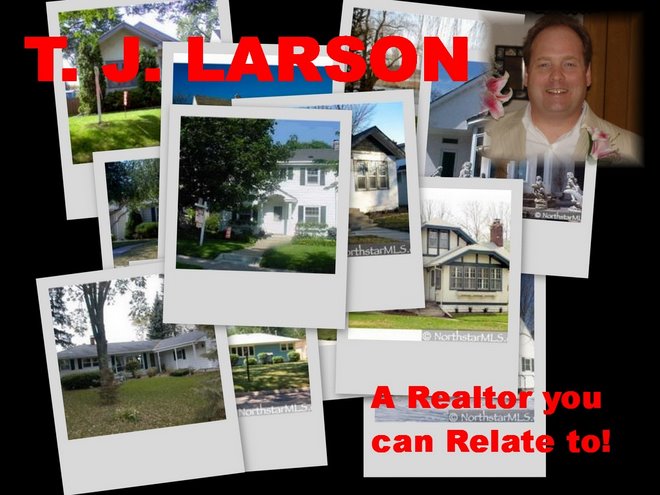What does this all mean to the average home buyer? Here's a breakdown:
WHAT TYPE OF BORROWER ARE YOU?
PRIME: Have perfect to near-perfect credit and can document their income and assets; get lowest mortgage ratesUsually a credit score in the mid-600s* and above.
ALT-A: Either have good credit but difficult-to-document income or assets or have some negative credit problems, but can document income and assets. Usually a credit score from the 600s* and above.
SUBPRIME: Bad or no credit. Usually a credit score below the low 600s*.
*Variables are credit, income, collateral and debt.
WHO'LL HAVE TROUBLE GETTING A MORTGAGE?
• People with no credit, bad credit and high debt.
• People with marginal credit who have trouble documenting their assets and income.
• Homeowners with marginal credit, low assets and little or no equity who are trying to refinance out of an adjustable-rate mortgage.
• Investors who have been buying properties with low or no down payments and minimal assets.
In today's Strib Kenneth Harney expalins that the FHA Loan program that used to be such a market force in the past are now poised for a come-back:
But here's some potentially helpful news: There is a mortgage source that is actually expanding its business nationwide for credit-impaired and first-time home purchasers. That source is the golden oldie of the mortgage arena -- the Federal Housing Administration (FHA), which recently has seen a doubling of customers refinancing out of private, subprime loans into its insured mortgage programs.
There's good reason: The FHA doesn't have problems with Wall Street investors who now see subprime mortgage bonds as toxic. The FHA's bonds, by contrast, are gilt-edged and backed by the federal government, so there's no shortage of mortgage money.
Equally important: FHA-insured loans are more consumer-friendly than subprime, and come with interest costs roughly 3 percentage points below directly comparable subprime mortgages.
There are drawbacks, of course. FHA mortgage maxPublishimums top out just under $363,000. In the very highest-cost markets, an FHA loan will only let you buy a modest starter home. Yet in more typical markets nationwide, the FHA's limit does not pose a problem. And the FHA's maximum loan amounts are likely to increase.
Bipartisan legislation to raise the loan ceiling to the full Fannie Mae-Freddie Mac limit -- currently $417,000 -- is expected to be introduced on Capitol Hill shortly, and appears to have support for passage this year.
You can read more about the FHA Program here: LET FHA LOANS HELP YOU. I am sure you will be hearing a lot about this come-back in the coming months.Blue skies ahead!


No comments:
Post a Comment